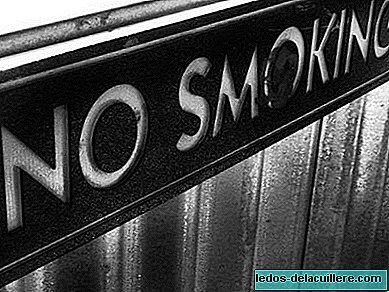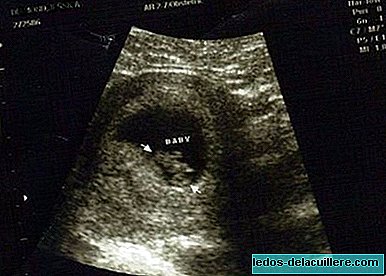
A study conducted in Belgium throws an important conclusion for public health. They have found that since it was implemented in that country the ban on smoking in public has decreased premature births by almost 6 percent.
Smoking during pregnancy, or being a passive smoker, is related to the baby being born before term and with low birth weight, in addition to other complications such as congenital heart defects, childhood asthma, and respiratory infections, among others.
The ban on smoking in public places in Belgium has been implemented in three phases: the first, smoking was banned in public places and workplaces in January 2006, the second was banned in restaurants in January 2007, and finally in January 2010, in bars and places that sell food.
The study was carried out by the University of Hasselt in collaboration with the Center for Prenatal Epidemiology of Belgium, and consisted of an analysis of about 607,000 deliveries since 2002.
They found that after each of the prohibition stages, cases of spontaneous premature births were reduced. In a first stage, 3.13 percent and in a second stage, an additional 2.65 percent.
This means that following the ban on smoking in public, there was decreasing trend in births that occurred before 37 weeks gestation, with consequences on the health and development of the child. As of that week, it is considered a term birth.
Undoubtedly, tobacco is harmful to the pregnant mother, and although we do not know data of what has happened in Spain since the anti-smoking law was implemented in public places, I am sure that everyone, especially pregnant women and young children, who are the most susceptible to cigarette smoke, we have gained health.












